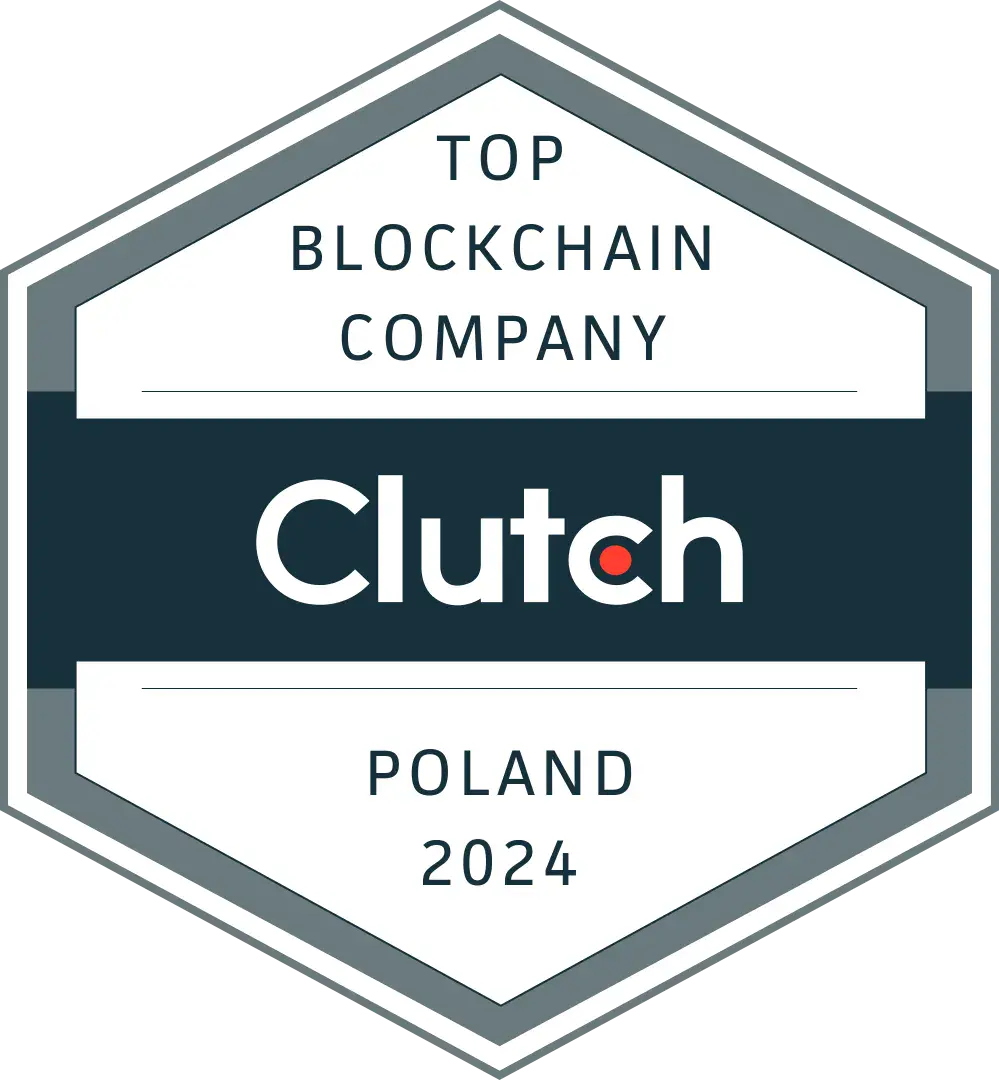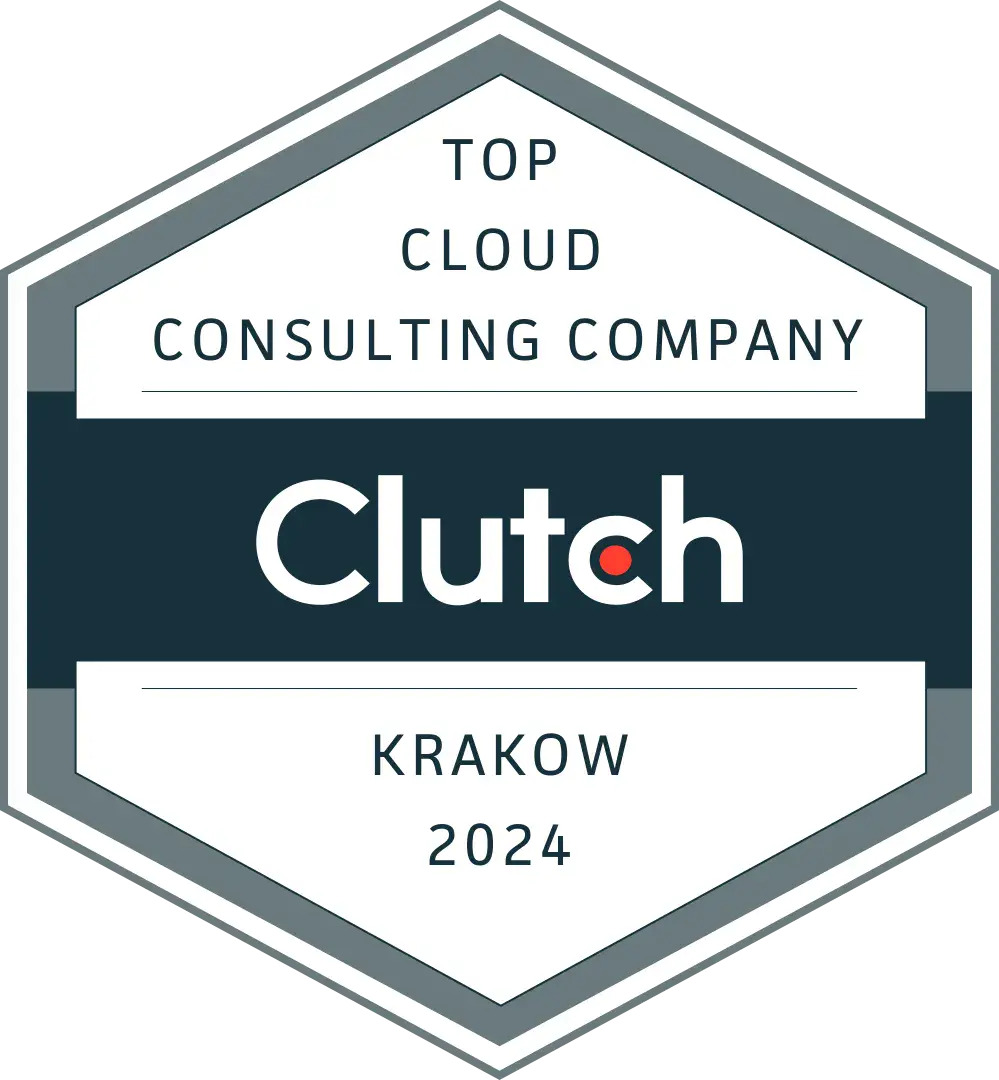Advantages of using blockchain in 10 unexpected industries
Mon, Mar 27, 2023 •10 min read
Category: Business Stories / Blockchain
Blockchain technology has gone far beyond its original purpose of powering cryptocurrencies. Today, it has become a versatile tool that can be applied to a wide range of industries and use cases. Blockchain-based product development has entered a plethora of industries and has proven to be extremely helpful and efficient. In this article, we explore 10 unexpected industries that benefit from deploying blockchain.
Decentralized Social Media Platforms
Social media platforms have become an integral part of our lives, but they have also faced criticism for their centralized and data-hungry nature. Decentralized social media platforms built on blockchain technology offer an alternative approach, where users have control over their data and are incentivized for contributing to the platform. Examples include Steemit and Minds.
On-chain Voting Systems
Blockchain-based voting systems have the potential to increase transparency and security in elections. Invaluable advantages of using blockchain technology in elections are that they can reduce the risk of tampering and fraud, and provide a more efficient and accurate way of counting votes.
Voting systems built on blockchain can securely and transparently record and tally votes. Each vote is recorded as a transaction on the blockchain, and each block of transactions is cryptographically linked to the previous block, creating an immutable chain of records. The system can be designed to allow only authorized people to cast their votes, and each voter can only do it once. Because of the transparency and security of the blockchain, the results of the vote can be publicly audited and verified, reducing the potential for fraud and ensuring the accuracy of the results. Blockchain-based voting systems also have the potential to reduce the cost and complexity of traditional voting systems, such as paper ballots and manual vote counting. A good example of an on-chain voting platform is Agora, which provides a secure and transparent voting system that benefits from using blockchain technology.
Blockchain for Supply Chain Management
Blockchain technology can be used to improve supply chain management by providing a transparent and secure way to track goods from their origin to their destination. The advantages of using blockchain in logistics are: reduced fraud, increased transparency, and ensured authenticity of products.
One of the companies that saw a huge opportunity in deploying blockchain to manage their supply chain was Walmart. They have been one of the early adopters of blockchain technology in the retail industry. In 2018, Walmart announced implementing a blockchain-based system for tracking food products through its supply chain. The Walmart Food Traceability Initiative system uses blockchain technology to track the movement of food products from farm to store. In addition to the food traceability initiative, Walmart has also filed several patents related to blockchain technology for the supply chain management. These patents include systems for managing product warranties, authenticating product information, and tracking the delivery of products. Other examples of utilizing blockchain in supply chain management include IBM's Food Trust and Provenance.
Digital Identity Management with blockchain
Blockchain technology also provides a decentralized and secure way to manage digital identities. Digital Identity Management (DIM) with blockchain can help individuals and organizations to control their digital identities and provide secure access to their information.
Blockchain-based DIM systems use a distributed ledger to record and store user data in an immutable and tamper-proof way. Each user has a unique digital identity that is verified and validated through cryptographic methods. This ensures that the user's identity is secure and cannot be forged. One of the key advantages of blockchain-based DIM systems is that they provide users with complete control over their identity data. Users can choose what information to share with third-party service providers and can revoke access at any time.
Blockchain-based DIM systems can also streamline identity verification processes and reduce the risk of identity theft and fraud. With a secure and immutable ledger, it becomes much more difficult for bad actors to steal or manipulate user data. Examples of companies that take advantage of blockchain within the DIM industry are Civic and Veramo.
Blockchain-based Energy Trading Platforms
Blockchain-based energy trading platforms have emerged as a promising solution to many of the challenges faced by traditional energy trading systems. These platforms leverage the decentralized and immutable nature of blockchain technology to create a more efficient and transparent energy trading process.
One of the key advantages of blockchain-based energy trading platforms is their ability to facilitate peer-to-peer (P2P) energy trading. With these platforms, individuals and organizations can buy and sell energy directly to each other, without the need for intermediaries such as utilities or energy retailers. This can lead to more efficient pricing and reduce costs for both buyers and sellers.
Moreover, these platforms can help to promote the use of renewable energy sources by creating a market for decentralized energy production. For example, individuals or businesses with solar panels or wind turbines can sell excess energy generated back to the grid through the platform.
Several blockchain-based energy trading platforms have already been developed and deployed, and we also contributed to introducing the advantages of blockchain to energy trading with Solar Generation. Other examples include Powerledger and Electron.
Property Rights Management using blockchain
Blockchain technology can be used to create a decentralized and transparent property rights registry, providing a secure way of recording and managing property rights. This can help reduce disputes and increase efficiency in property transactions.
Using blockchain, a digital record of property ownership can be created, securely stored, and easily accessible to authorized parties. The advantages of using blockchain in this scenario are reduced fraud, corruption, and errors, which are common problems in traditional property management systems. It can also increase transparency, allowing all parties to see the history of a particular property.
There are several companies that have already started using blockchain for property rights management, including Propy and Ubitquity. These entities are working to make the process of buying, selling, and transferring property faster, more efficient, and more secure using blockchain technology.
Blockchain-based Cloud Storage Platforms
The benefits of blockchain technology can be used to create decentralized cloud storage platforms, where users can securely store and share their data without relying on centralized providers. Unlike traditional cloud storage services, blockchain-based cloud storage platforms use a distributed ledger to store data across a network of nodes, which ensures that data is tamper-proof, immutable, and secure.
One of the key advantages of blockchain-based cloud storage platforms is that they offer greater privacy and security. Unlike centralized cloud storage services, which are vulnerable to cyber-attacks and data breaches, blockchain-based cloud storage platforms use cryptographic methods to encrypt and secure data. This ensures that only authorized parties have access to the data.
Another benefit of blockchain-based cloud storage platforms is that they can provide more affordable storage options. By leveraging a decentralized network of nodes, these platforms can reduce the cost of storing and sharing data.
Several blockchain-based cloud storage platforms have already been developed, such as Sia, Storj, and Filecoin.
Web3 Gaming Platforms
Web3 gaming platforms, also known as blockchain gaming platforms, use blockchain technology to create decentralized gaming ecosystems that enable players to own, trade, and exchange in-game assets. These platforms provide a new way of playing and engaging with games, allowing players to participate in a more open and transparent gaming experience.
The advantage of using blockchain in gaming platforms is that they enable players to truly own their in-game assets. These assets are represented as unique digital tokens on the blockchain, which means that players have complete control over them. This allows players to trade, exchange, and use their assets across multiple games and platforms.
Additionally, web3 gaming platforms can provide new ways for players to earn rewards and participate in the game economy. Players can earn rewards for participating in game activities, such as completing quests, winning battles, or acquiring rare items. These rewards can be used to purchase in-game assets, which can be traded or used in other games and platforms.
Several web3 gaming platforms have already been built, including Axie Infinity, Decentraland, and The Sandbox.
Blockchain-based Digital Art Marketplaces
Blockchain technology can be used to create a transparent and secure digital art marketplace, where artists can authenticate and sell their work as unique digital assets. Blockchain has created a new era in the art world by providing an innovative solution to the long-standing problem of provenance and authenticity of art pieces. Digital art, in particular, has emerged as a thriving market in recent years, with blockchain-based marketplaces offering artists and collectors a new way to buy and sell digital artwork.
Here are some popular Web3 digital art marketplaces:
Nifty Gateway: a popular marketplace for buying and selling limited-edition digital art and NFT collectibles. It uses the Ethereum blockchain to verify ownership and authenticity of art pieces and also offers a secondary market for reselling art.
SuperRare: SuperRare is another popular NFT marketplace that uses blockchain technology to verify ownership of art pieces. It also uses a unique auction system, where collectors can bid on and buy exclusive, one-of-a-kind digital pieces.
OpenSea: OpenSea is the largest decentralized marketplace for buying and selling NFTs, which are unique digital assets that can represent anything from digital art to virtual real estate. OpenSea supports a wide range of blockchain networks, including Ethereum and Polygon.
Rarible: Rarible is an NFT marketplace that allows artists to create, sell, and collect digital assets. It offers a simple and user-friendly interface, as well as a unique governance token system that allows users to vote on platform upgrades and changes.
KnownOrigin: KnownOrigin is a blockchain-based art marketplace that allows artists to sell their unique digital artwork as NFTs. It uses the Ethereum blockchain to verify ownership and authenticity of the pieces and also offers a range of features for artists, including royalties and commission fees.
Overall, blockchain offers a plethora of advantages when it comes to buying, selling, and authenticating art. These Web3 marketplaces are likely to play an increasingly important role in the art world.
Blockchain-based Microfinance Platforms
What is more, the advantages of blockchain technology can be used to create microfinance platforms that enable peer-to-peer lending and borrowing, allowing people without access to traditional banking services to access credit. Microfinance is a type of financial service that provides small loans, savings, and insurance products to low-income individuals and businesses who lack access to traditional banking services. Blockchain technology has the potential to transform microfinance by providing a secure, transparent, and decentralized platform for lending and borrowing.
Overall, blockchain-based microfinance platforms have the potential to revolutionize the way financial services are delivered to underserved communities around the world. By providing secure, transparent, and decentralized platforms for lending and borrowing, these platforms can help to reduce poverty, increase financial inclusion, and support economic development. Examples of such Web3 microfinance platforms include Kiva and Humaniq.
Conclusion
Blockchain technology is a versatile tool with a whole range of benefits that can be applied to a wide variety of industries and use cases. From supply chain management to social media platforms, the possibilities are endless. As the technology continues to evolve, it will be exciting to see what other uncommon blockchain applications emerge in the years to come. If you're looking to build your own blockchain project, Rumble Fish Software Development can help. Our team of experienced developers can assist you in building a custom blockchain solution that meets your specific needs. Contact us today to learn more!









